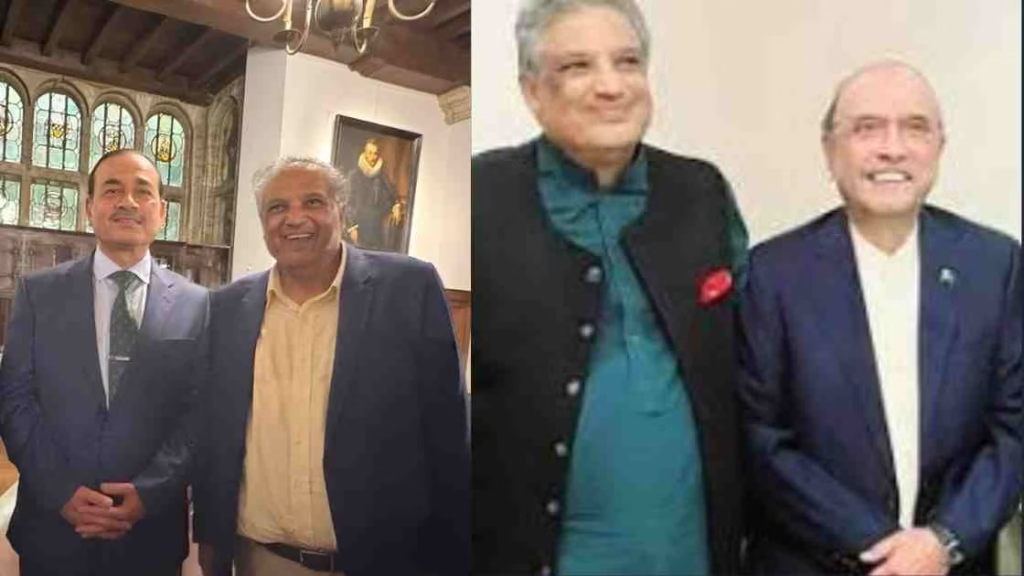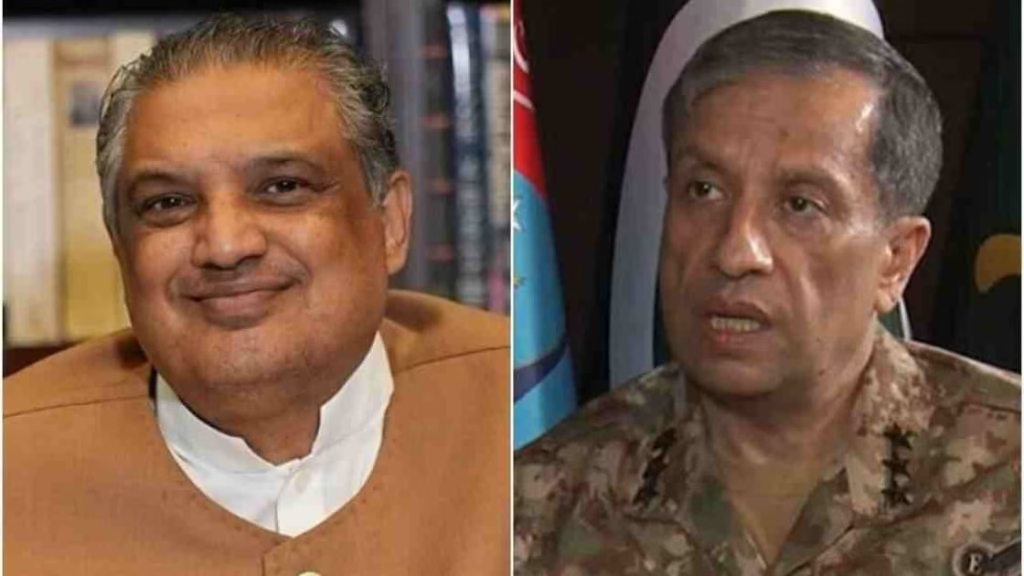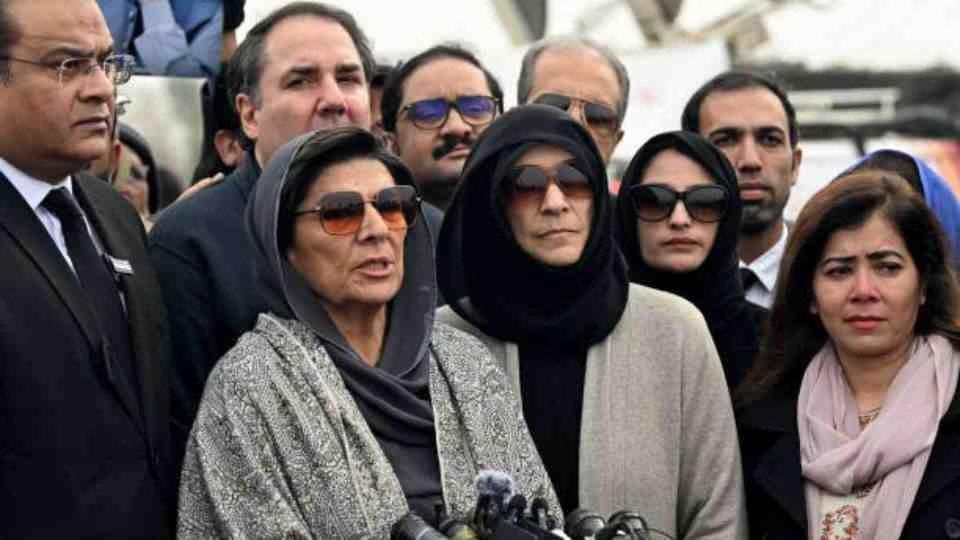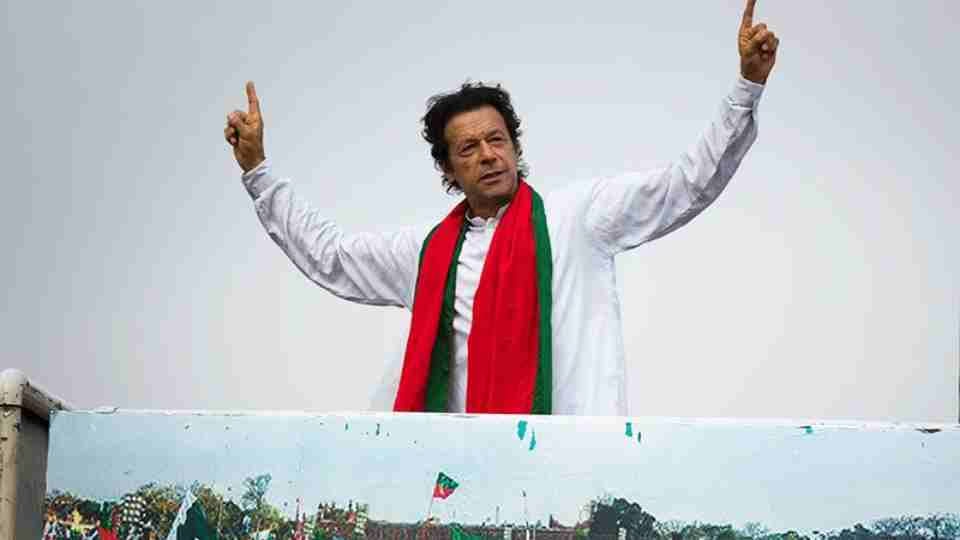Veteran journalist Suhail Warraich defended his recent column on Friday, claiming that criticism of his report about an encounter with Pakistan’s army chief stemmed from a fundamental misreading of his work.
Warraich, a senior editor at Jang newspaper, found himself at the center of controversy following an August 16 column describing a conversation with Chief of Army Staff Field Marshal Asim Munir. According to Warraich’s account, the encounter occurred during a Brussels stopover as Munir returned from a US visit.
The column contained a brief quote about political matters: “On a question about politics, he (the army chief) said that political reconciliation is possible only if there is a sincere apology.” Warraich provided no context about who might need to apologize or what specific events were being referenced.
The ambiguous statement quickly generated speculation and commentary across Pakistan’s political landscape, with many interpreting it as connected to the May 9, 2023 riots and former Prime Minister Imran Khan’s Pakistan Tehreek-e-Insaf party.
Military Response
The controversy prompted an official response from the military’s public relations wing. On Thursday, Director General Inter-Services Public Relations Lieutenant-General Ahmed Sharif Chaudhry disputed suggestions that the army chief had “sought an apology over the May 9 riots.” Speaking through state-run Radio Pakistan, Chaudhry emphasized that Field Marshal Munir made no political statements during his Brussels trip and criticized the journalist’s reporting.

Warraich’s Defense
Breaking his initial silence on the matter, Warraich issued a detailed statement on social media platform X on Friday. He expressed respect for the military spokesperson while firmly rejecting the characterization of his reporting.
“The points he refuted were never mentioned in my column. Perhaps he spoke based on a misunderstanding,” Warraich stated, offering to provide additional clarification if needed.
The journalist particularly took issue with suggestions that he had claimed to conduct an interview with the army chief. “Please reread my entire column — nowhere does it use the word ‘interview’,” he emphasized. “The title of my column is simply ‘First Meeting’, neither more nor less. I never wrote it was a one-on-one meeting.”
Key Clarifications
Warraich confirmed that his column contained no references to the May 9 riots, Imran Khan, or any specific apology. He described his reporting as limited to a single observation about political reconciliation, noting that the army chief had referenced Quranic verses and their translations.
“What impression people or trolls drew from it is their prerogative,” Warraich said, suggesting that public interpretation had gone far beyond his actual reporting.
The journalist characterized the quoted material as merely a “fragment” of broader remarks, arguing that readers were free to interpret his reporting as they chose but should not attribute meanings he never intended.
Broader Implications
Warraich dismissed the need to respond to various criticisms, expressing confidence that “the coming time and the history to be written will clarify every matter.” He portrayed himself as someone who typically avoids public disputes and maintained this position despite the controversy.
In concluding his defense, Warraich suggested that critics were “making arbitrary interpretations and artificial interpretations to achieve their own goals and interests.” He positioned his work within a broader framework of journalistic integrity, arguing that “History will decide in favour of journalism” and serve as the ultimate arbiter of truth.
The incident highlights the sensitive nature of military-political reporting in Pakistan and the potential for even brief, contextless quotes to generate significant public debate and official responses.






